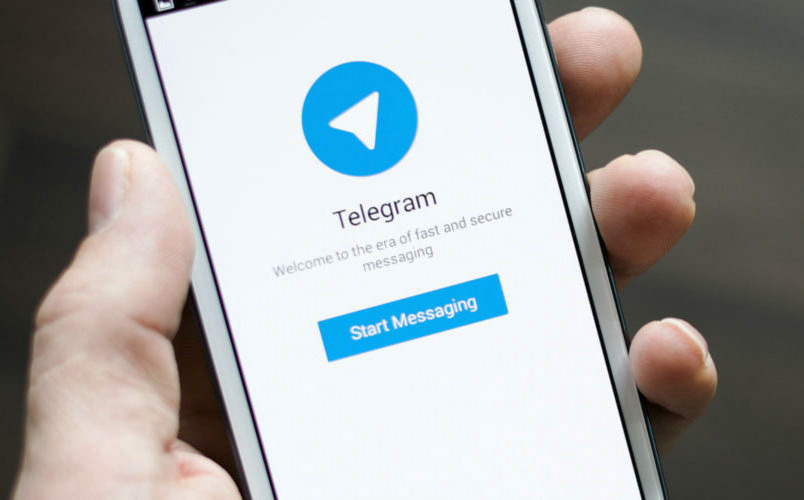
Apple is being sued by the Coalition for a Safer Web for not removing access to Telegram while Parler is still being blocked, and also for being used by hate groups and extremists to attack the Capitol.
Ambassador Marc Ginsberg and the Coalition for a Safer Web lawsuit, filed Sunday in the US District Court for the Northern District of California, accuses Apple of having Telegram available on the App Store. This “despite Apple’s knowledge that Telegram is being used to intimidate, threaten and coerce members of the public.”
Billed as an “ impartial, non-profit advocacy organization ” to enforce the removal of extremist and terrorist content from social media platforms, the coalition alleges that Apple is not following its own policies and guidelines regarding app content related to Telegram. By doing this, Apple is allowing Telegram’s more malicious users to continue their activities.
The lawsuit comes at the end of a week in which Apple, Google, Amazon, and others severed ties with Parler for failing to manage the content in the app generated by the users. The app would be used to plan and coordinate illegal activities in Washington DC, including storming the Capitol.
In fact, the lawsuit is pressuring Apple to scrutinize Telegram with a view to de-platforming the encrypted messaging app, as it is allegedly conducting similar activities.
According to a June 2020 press release from CSW cited by the lawsuit, Telegram is being used as “a channel of communication for the Russian government and affiliated neo-Nazi and white nationalist groups, causing misinformation and racial divisions in the United States and Europe.”
Ginsberg also wrote to Apple CEO Tim Cook on behalf of CSW in July, asking for Telegram to be temporarily de-platformed for its role in “inciting extremist violence.”
There has also been the charge that “anti-black and anti-Semitic groups have used Telegram openly with little or no moderation of the content by Telegram’s management.” Despite warnings from the CSW and media reports about the app, Apple “has not taken any action against Telegram comparable to that taken against Parler to force Telegram to improve its content moderation policy.”
The lawsuit also alleges that Telegram is being used to “coordinate and incite extreme violence” ahead of President-elect Joe Biden’s inauguration. “Some users have called on followers to abandon plans for a second protest in Washington in favor of surprise nationwide attacks,” the petitioner said.
It has also been reported how Ginsberg suffered emotional distress and fear as a result of misinformation and incitement to violence against Jews. Since Ginsberg is both Jewish and out in the open, he is forced to “live with fear of religiously motivated violence perpetrated against him”, causing fear for his life and that of his family.
The lawsuit also cites unfairness in the way Apple applies its rules, citing both the removal of Parler and Epic Games’ “Fortnite” for violating the guidelines. Meanwhile, using Telegram would violate the App Store guidelines in several ways since the app’s launch in 2013.
In the case of Telegram’s developers, the CSW claims that they “have not taken meaningful actions to curb these blatant, systematic and ongoing violations of Suspect’s app guidelines by Telegram users.”
The lawsuit is seeking a jury trial and the court for compensatory damages from each plaintiff, an injunction to ban Telegram from the App Store until it complies with Apple’s guidelines, and legal fees.
Telegram has a spotted history with Apple regarding its users and content hosted on the service, with Apple pulling access in 2018 due to the presence of child pornography. In October, Apple demanded the removal of posts related to protests in Belarus.
In April 2018, Russian telecommunications regulator Roskomnadzor ordered Apple to stop downloading Telegram, in part because the app’s developers refused to hand over encryption keys to the government, as required by Russian law. While the political ban prevented app updates from getting through for some time, Apple approved app updates for June of the same year.